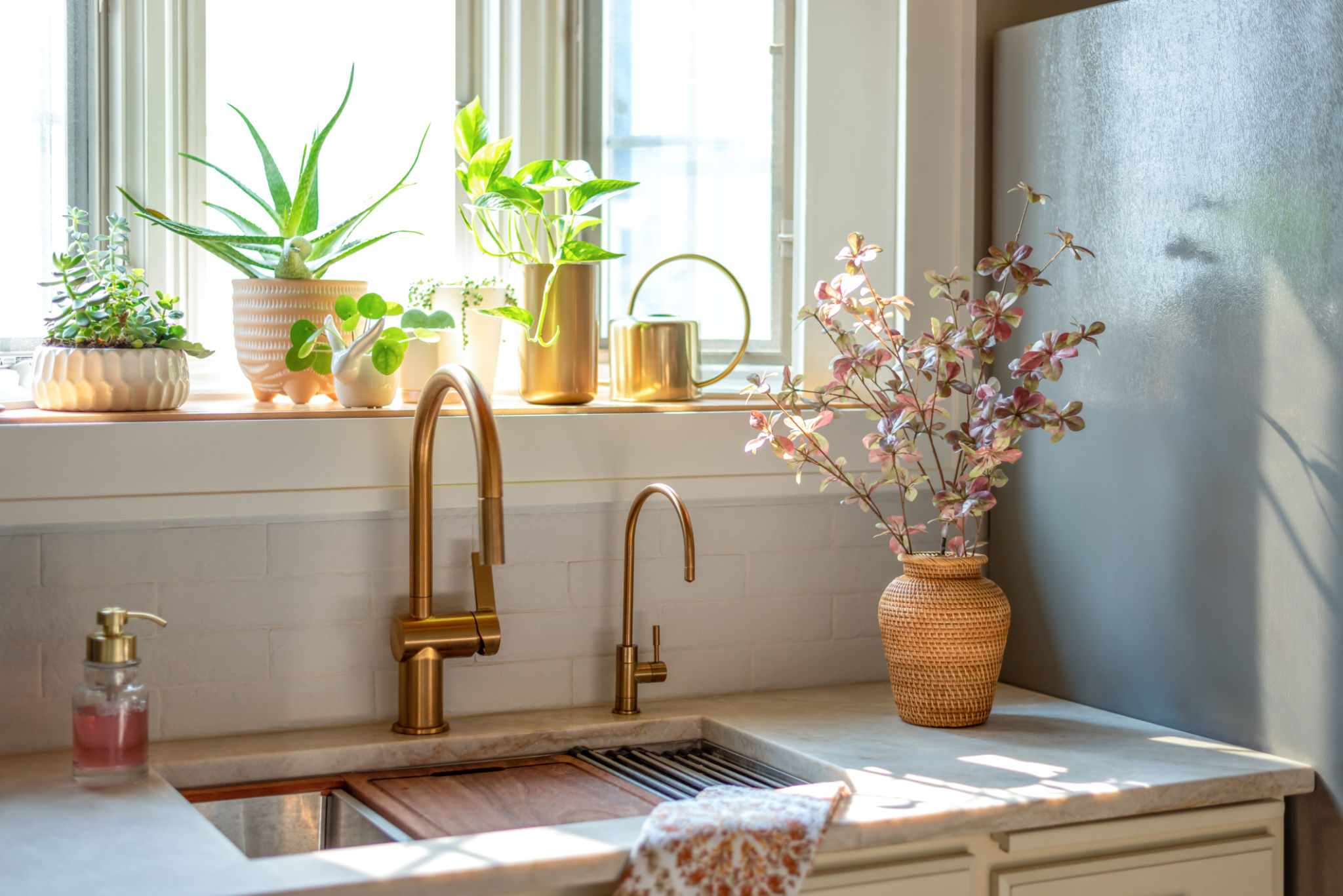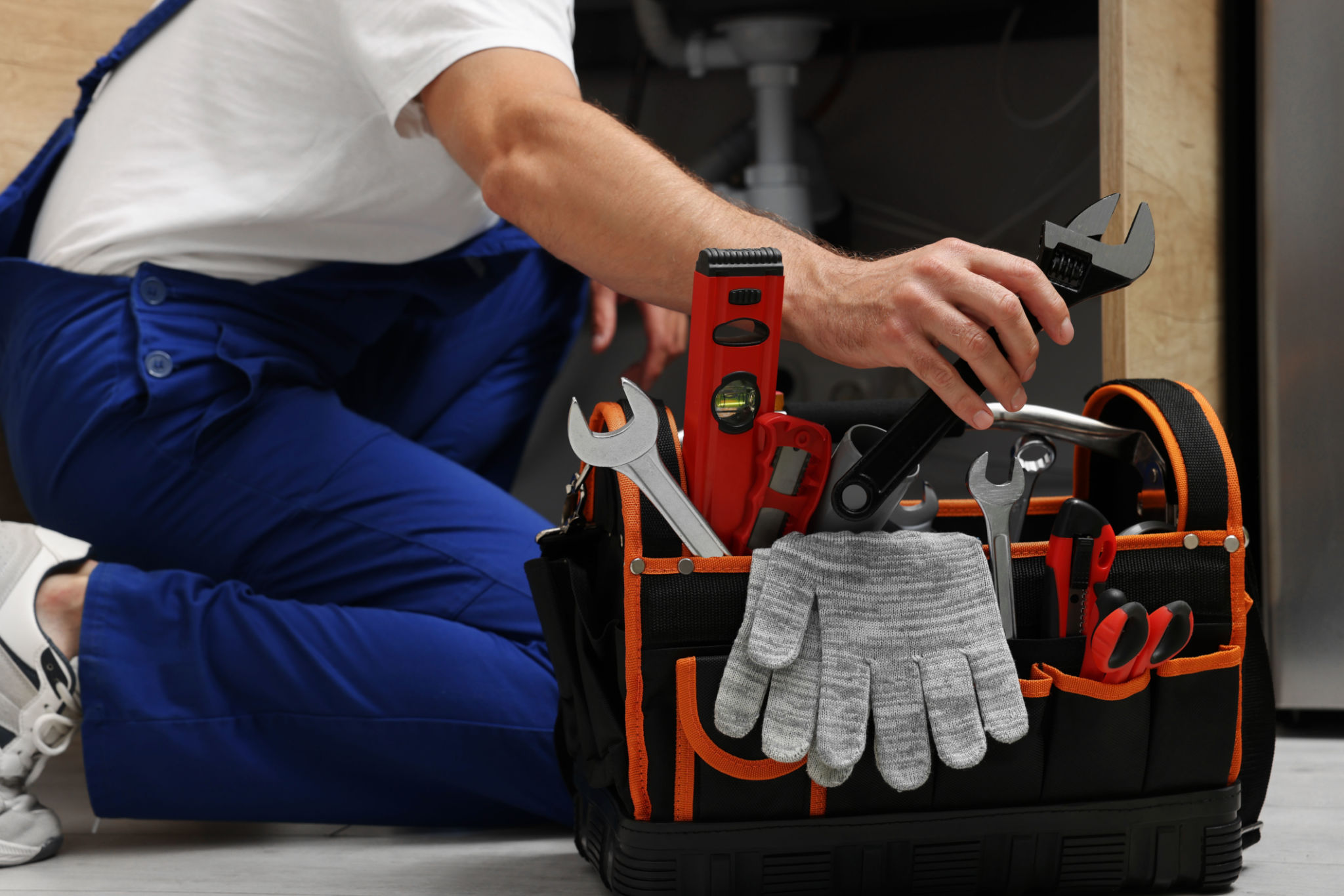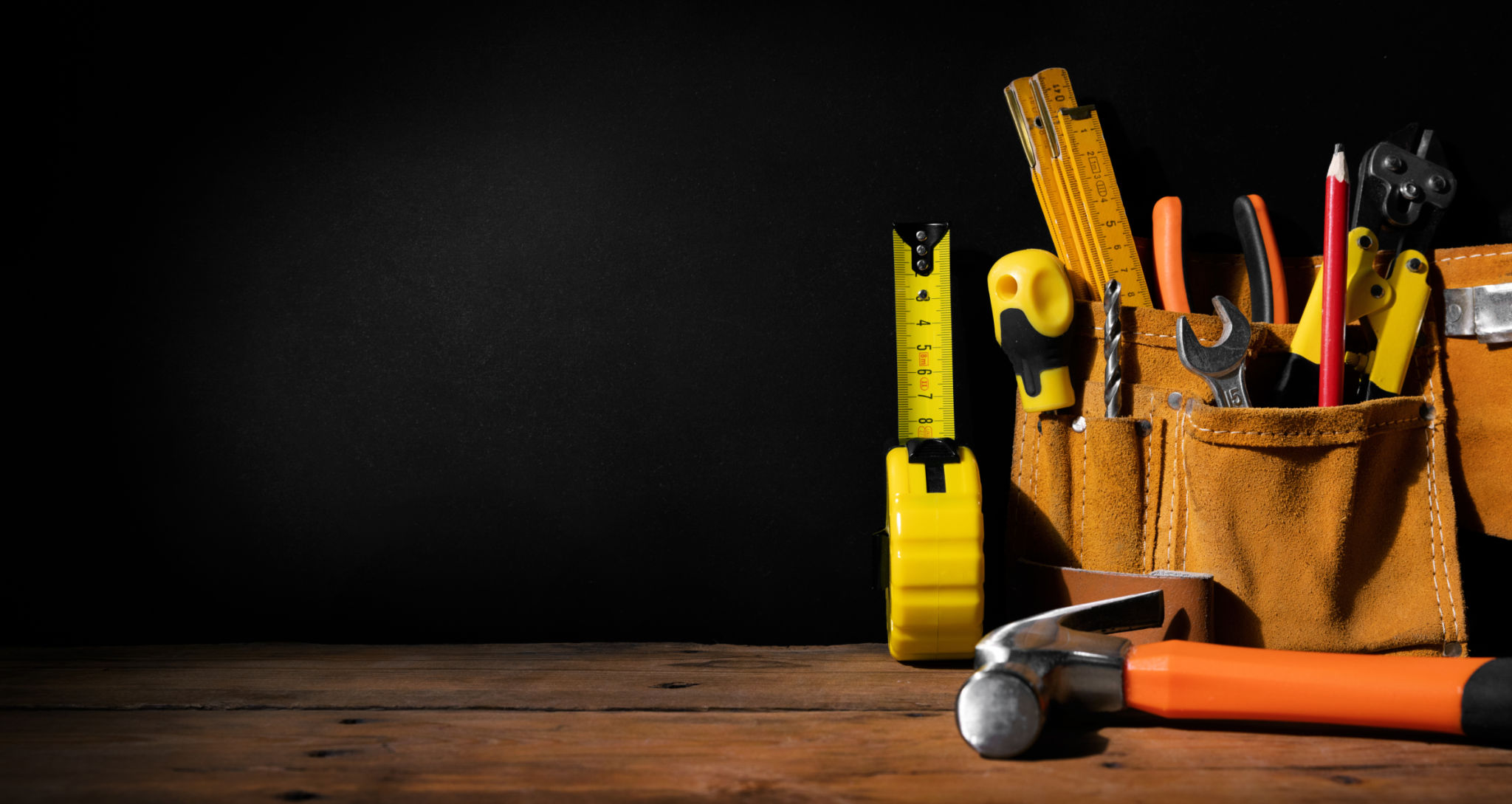DIY vs Professional Kitchen Sink Installation: What You Need to Know
Understanding the Basics of Kitchen Sink Installation
When it comes to installing a kitchen sink, homeowners often find themselves at a crossroads: DIY installation or hiring a professional. Each option has its own set of advantages and challenges. Understanding these can help you make an informed decision that suits your needs and budget.

The DIY Route: Pros and Cons
Choosing to install a kitchen sink yourself can be an exciting project. It offers a sense of accomplishment and can be more cost-effective if you have the right skills. However, there are several factors to consider:
- Cost Savings: By not hiring a professional, you save on labor costs.
- Flexibility: You can work at your own pace and schedule.
- Skill Level: Proper installation requires plumbing knowledge and tools.
- Time-Consuming: Without experience, the project may take longer than anticipated.
Professional Installation: A Worthwhile Investment?
While hiring a professional for your kitchen sink installation can be more expensive, it comes with significant benefits. Experienced plumbers ensure the job is done correctly and efficiently, reducing the risk of future leaks or damage. Here are some key advantages:
- Expertise: Professionals have the skills and experience to handle unexpected issues.
- Warranty: Many professionals offer warranties on their work, providing peace of mind.
- Time Efficiency: A professional installation is usually quicker, minimizing disruption.
- Compliance: Professionals ensure the installation complies with local building codes.

Factors to Consider Before Deciding
Your decision between DIY and professional installation should be based on several factors. Consider your budget, time constraints, and level of confidence in your plumbing skills. Additionally, the complexity of the sink setup can influence your choice. For instance, sinks with garbage disposals or complicated piping may require professional expertise.
Tools and Materials Needed for DIY Installation
If you opt for the DIY route, ensure you have the necessary tools and materials on hand. Common items include a wrench set, plumber's putty, silicone sealant, and a basin wrench. Having a comprehensive guide or video tutorial can also be invaluable as you proceed with the installation.

The Cost Comparison: DIY vs Professional
The financial aspect is often the deciding factor for many homeowners. While DIY might appear cheaper initially, mistakes can lead to costly repairs down the line. Conversely, professional installation involves an upfront cost but can save money in the long run by preventing potential issues.
Safety and Risk Management
Safety should always be a priority during any home improvement project. DIY installations carry risks such as water damage and injury if not done correctly. Hiring a professional mitigates these risks significantly, as they follow safety protocols and have insurance coverage for unforeseen incidents.
In conclusion, whether to install a kitchen sink yourself or hire a professional depends on various personal factors. By weighing the pros and cons of each approach, assessing your own capabilities, and considering long-term benefits, you can make a choice that best suits your home's needs.